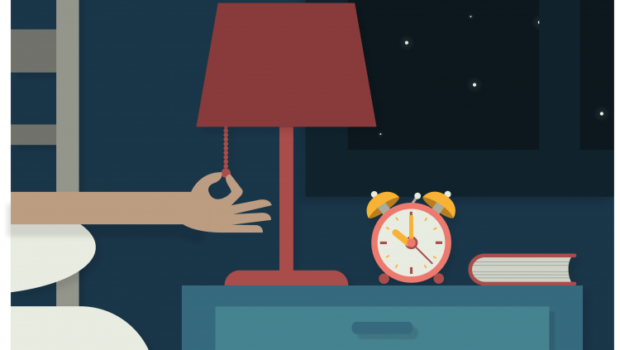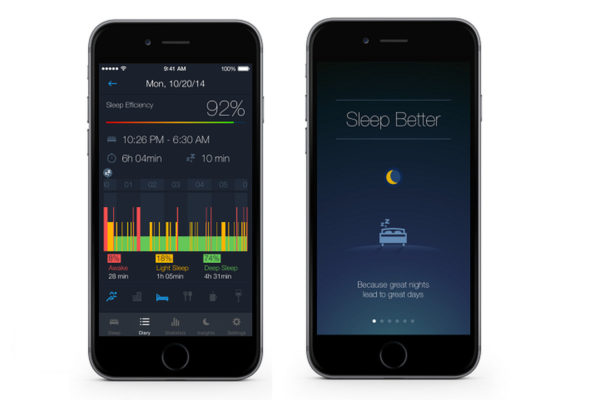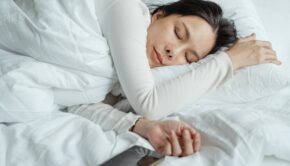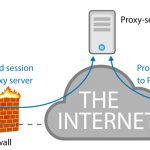How Your Smartphone Affects Your Sleep
Smartphones have changed the way businesses run, children learn, and people interact. When you can do your banking, grocery shopping, and scheduling from the same device, your life will never be the same again. However, now that smartphones have become commonplace, there are some side effects that most of us would rather live without. A notable trend that’s easily overlooked is the effects of smartphone use on sleep.
Sleep is a basic necessity with which the body can’t do without, yet, depending on geographical location, 28 to 44 percent of adults report getting less than seven hours of sleep. That places them in some stage of sleep deprivation. As researchers have searched for the cause of the growing epidemic of sleeplessness, a consistent factor has emerged. The very technology that has expanded our ability to connect and communicate pushes the human body towards a chronic lack of sleep.
Look at the Light
The connection between smartphones and sleep starts with light. When the sun’s rays pass through the atmosphere, blue spectrum light filters to the Earth’s surface. The human eye has special photoreceptors called ganglion cells that absorb this blue spectrum light.
Once the light is absorbed, the ganglion cells send signals directly to the circadian region of the brain. The circadian rhythms control many of the body’s processes that repeat on a 24-hour cycle, including sleep. Blue light suppresses sleep hormones. Most people absorb the most blue light in the morning and early afternoon when the sun is at its peak, which suppresses sleep hormones until the sun begins to set.
More Screen, Less Sleep
A smartphone screen emits blue spectrum light too. Though it’s not exactly like sunlight, it’s close enough on the spectrum to cause a similar suppression of sleep hormones. A 2016 study that involved 653 participants found that increased smartphone use correlated to less sleep and poor sleep efficiency. (Sleep efficiency is based on how many hours you sleep versus how many hours you spend in bed.) The results also showed that increasing screen time led to more sleep problems and a decrease in sleep quality.
The resulting sleep loss reaches into many aspects of your emotional, physical, and mental health.
Growing Effects of Sleep Loss
When you get less than seven hours of sleep, the amygdala, the brain’s emotional processing center, becomes oversensitive to negative stimuli. Everything from a change in schedule to running out of your favorite cereal can increase activity in this part of the brain.
At the same time, the prefrontal cortex, the part of the brain responsible for executive functions like decision-making, reason, and logic, becomes less active and reduces its influence over the emotions. The changes in these two portions of the brain leave you susceptible to an increase in stress that can further contribute to sleep loss.
The emotional effects of sleep loss can’t help but seep over into the mental area too. The results of a study conducted amongst 1,788 adult twins found a 53 percent increase in symptoms of depression when the participant’s sleep was limited to five hours per night. Anxiety often accompanies depression both of which open the door to further mental health issues.
Lack of sleep also changes how the body feeds itself. Sleep deprivation causes an increase in ghrelin, a key hunger hormone, and less leptin, the primary satiety hormone. The increase in appetite is accompanied by a bigger “high” in the brain’s reward center from foods high in fat and sugar. Consequently, sleep deprivation can be linked to conditions like morbid obesity, diabetes, high blood pressure, and heart disease.
Making Changes for Better Sleep
There’s good news too because there’s more than one solution to the problem.
Night Shift Mode
Apple’s night shift mode is a direct answer to the sleeplessness caused by blue spectrum light. When turned on, this mode changes the spectrum of the light from blue to red. While any light can influence the circadian rhythms, red light has a far smaller impact than blue.
Set a Technology Curfew
Set a curfew time that’s two to three hours before your bedtime to give your brain a chance to adjust the release of sleep hormones. Separating yourself from your smartphone works far better than changing the spectrum of the light, though it takes more self-control.
Remove Your Smartphone at Night
Even if you’re not looking at your phone, it can serve as a distraction. Late night notifications, texts, and alerts are enough to wake you. Use an old fashioned alarm clock and move your smartphone out of the room.
How To Fall Asleep
If you’re still struggling to fall asleep even after following all the steps above and cleaning up your sleep hygiene habits, there are other things you might be able to do in order to fall asleep.
Try Meditation
If you can’t part with your phone, then use it. You can use guided meditation to fall asleep, or if you’re already an expert meditator, then you can simply do it by yourself. Meditation can help fight insomnia and improve sleep even if you’re not doing it right before bed.
Tell Yourself to Stay Awake
This is known as paradoxical intention. For those people who have a hard time falling asleep, they might put a little too much pressure on themselves, which will make falling asleep even harder. Telling yourself to stay awake might actually help you fall asleep!
Go to The Doctor
Sleep isn’t a luxury. It is an absolute necessity. If you find that you seem to be doing everything right, but are still unable to fall asleep, you should definitely see your primary physician. They might be able to see if there are any underlying symptoms to your sleeplessness and help you find a way to get the sleep you need.
Conclusion
Technology often changes lives in unexpected ways. A commitment to better sleep can reverse the adverse effects of sleep deprivation within a few days. While technology continues to move society forward in exciting ways, it’s important to take a step back to make sure we’re not letting it do more harm than good.
















